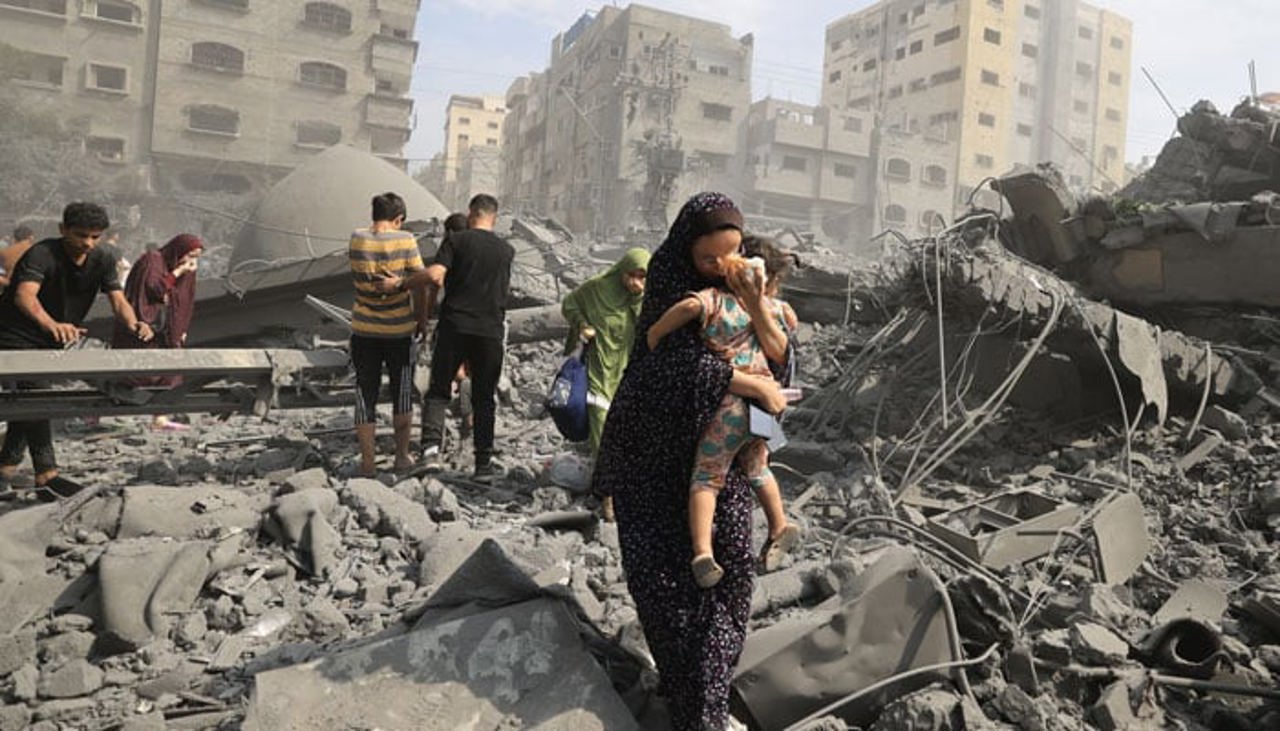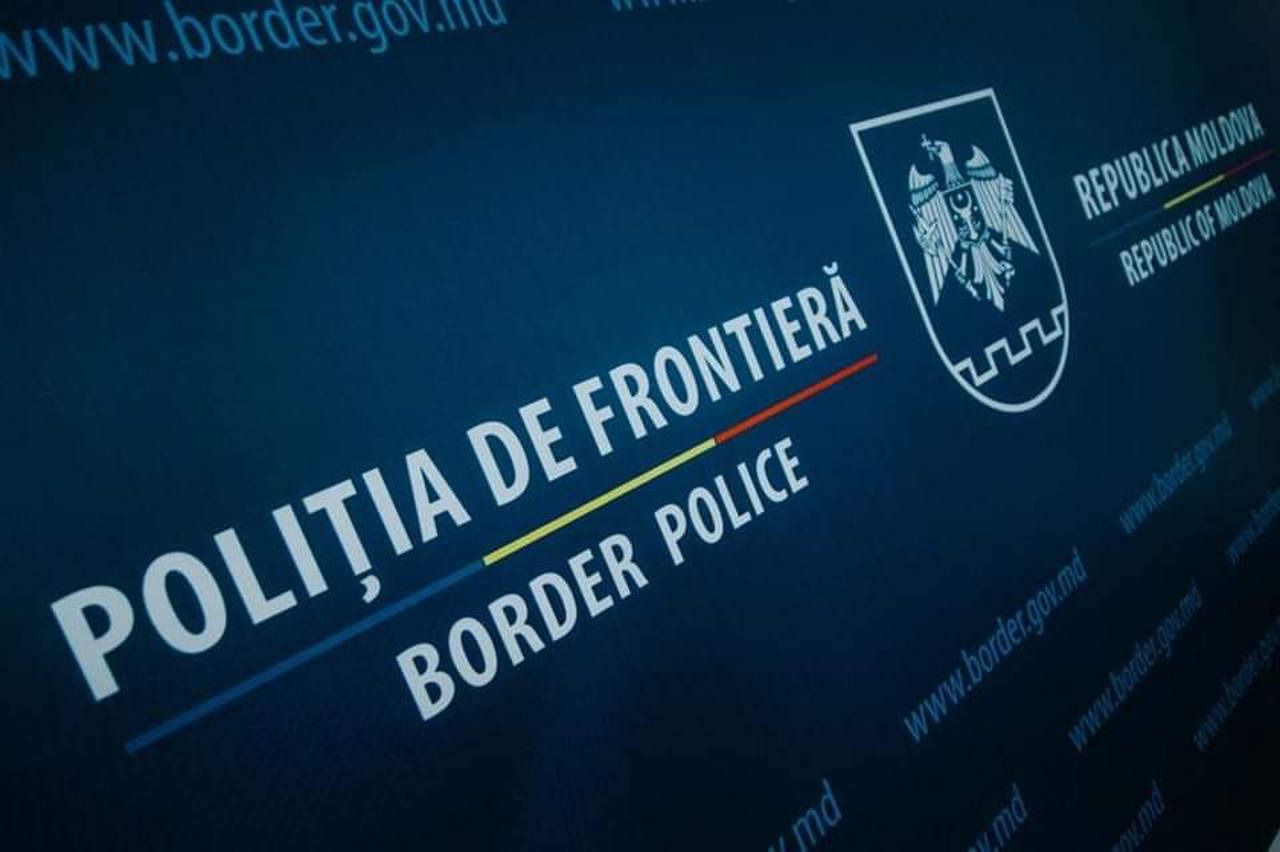Gaza Crisis: 30,000 Palestinians Killed in Five-Month War with Israel
Nearly 30,000 Palestinians have been killed since the beginning of the war, about five months ago, between Israel and Hamas in the Gaza Strip, constantly bombed by the Israeli army and threatened by famine, the Islamist movement said on Wednesday, as reported by AFP, cited by news.ro.

The main mediators in this war, the United States and Qatar, have said they hope to achieve a ceasefire that would allow the release of hostages held in Gaza before the start of Ramadan, the Muslim holy month beginning around March 11.
This conflict, which has turned the Palestinian territory into a "zone of death," according to the UN, is already by far the bloodiest of the five conflicts between Israel and Hamas since the latter took power in Gaza in 2007.
Every day, civilians are caught in fighting and bombings, which have spared no area, devastated entire neighbourhoods, and forced 1.7 million Palestinians out of a population of 2.4 million to flee their homes.
"For me, this is genocide. Who bombs a tower on residents, especially civilians, children, and women?" said Jihad Salha, a displaced Palestinian AFP met in an improvised camp in Rafah, in southern Gaza.
Since the start of the war on October 7, 29,954 Palestinians have been killed, mostly civilians, according to the latest figures from the Hamas-led Health Ministry.
On that day, Hamas commandos infiltrated from the neighbouring Gaza Strip carried out an unprecedented attack in southern Israel, killing at least 1,160 people, most of them civilians, according to an AFP tally based on official data.
During the attack, about 250 people were abducted and taken to Gaza. According to Israel, 130 hostages are still there, of whom 31 are reported dead, after 105 hostages were released in exchange for 240 Palestinian prisoners during a ceasefire at the end of November.
In retaliation, Israel vowed to annihilate Hamas, which it, along with the United States and the European Union, considers a terrorist organisation.
On Thursday, New Zealand, one of the last Western countries not to have done so, announced that it would also designate "the entire Hamas" from now on, including its political wing, as a "terrorist entity."
"We are doing everything possible to bring back the hostages. I believe that military pressure will bring back other hostages as well," said Israeli Defense Minister Yoav Gallant.
After conducting a campaign of bombardment on land, sea, and air, the Israeli army launched a ground offensive in the northern territory on October 27, advancing southward. Since then, it has lost 242 soldiers.
According to the UN, 2.2 million people - mostly the population - are threatened with famine in the territory besieged by Israel since October 9, especially in the north, where destruction, fighting, and looting have made the delivery of aid almost impossible.
The UN has also denounced the obstacles imposed by Israel, which controls the entry of aid from Egypt.
For the UN Agency for Palestinian Refugees (UNRWA), humanitarian needs are "unlimited."
"Famine is imminent. Hospitals have become battlefields. One million children face trauma daily," it stressed.
On Wednesday, the spokesman for the Hamas Health Ministry, Ashraf al-Qudra, said that two children had died "due to dehydration and malnutrition" at Al-Shifa Hospital in Gaza City (north). The number of children who have died of hunger has risen to six in the past week, he added.
The international community is also concerned about a future Israeli ground offensive in Rafah, where, according to the UN, nearly 1.5 million Palestinians, mostly displaced persons, are massed, blocked against the closed border with Egypt.
Israeli Prime Minister Benjamin Netanyahu said he wants to defeat Hamas in its "last bastion." He maintained that a ceasefire would only "delay" such an offensive, while ensuring that civilians would be evacuated from the combat zones.
The target of Israeli airstrikes on a daily basis, Rafah, which had 270,000 inhabitants before the war, is the main entry point for aid into Gaza, which arrives in very limited quantities.
The US Agency for International Development (USAID) says it is discussing with Palestinian officials the opening of "many more crossing points."
In the face of this devastating war, Qatar, the United States, and Egypt are trying to reach an agreement for a six-week pause in fighting, during which a hostage, including women, minors, and elderly sick people, would be exchanged every day for ten Palestinians detained by Israel, according to a Hamas source.
On Monday, US President Joe Biden spoke of "an agreement by the Israelis not to engage in operations during Ramadan," to "release all hostages." "I hope that by next Monday, we will have a ceasefire," he said, but stressed that "it is not yet a definitive agreement."
Demanding an agreement from their government for the release of hostages, about 150 Israelis launched a four-day march from Reim in southern Israel to Jerusalem.
In diplomatic terms, representatives of Palestinian factions, including those of the rival movements Hamas and Fatah, were in Moscow on Thursday for discussions with Russian Foreign Minister Sergey Lavrov.
Translatioun by Iurie Tataru




